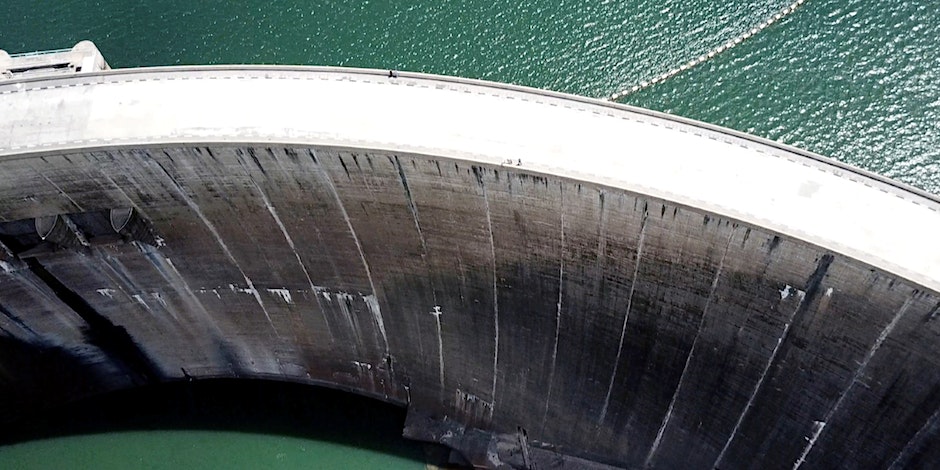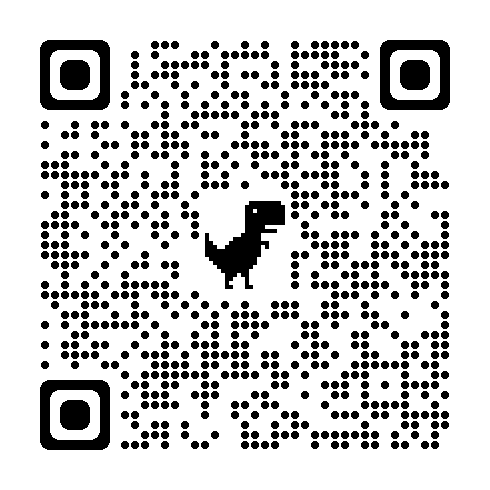
Global Seminar | A comprehensive methodological framework to understand & manage the WEF nexus
29 Jan | Prof. Dr Paolo Burlando will detail a framework to integrate and analyse water, energy and food (WEF) resources of river systems in complex contexts.

A comprehensive methodological framework to understand and manage the Water-Energy-Food (WEF) nexus
Date: Monday, 29 January
Time: 12.00-1.00pm SGT/ 5.00-6.00am CET
Venue: Value Lab Asia, L6, Create Tower
Zoom: external page https://ethz.zoom.us/j/5583370083
Register: Scan the QR code or external page register at this link
Abstract
According to Hoff*, “the nexus approach highlights the interdependence of water, energy and food security and the natural resources that underpin that security – water, soil and land. Based on a better understanding of the interdependence of water, energy and climate policy, this new approach identifies mutually beneficial responses and provides an informed and transparent framework for determining trade-offs and synergies that meet demand without compromising sustainability”.
In this context, the DAFNE project – a four-year research and innovation project funded by the European Union – developed a Decision-Analytic Framework (DAF), which can be used to support the quantitative assessment of the social, economic and environmental impacts of expanding energy and food production in complex physical and political contexts, where natural and social processes are strongly interconnected and the institutional setting involves multiple stakeholders and decision-makers.
The methodological framework allows simulating by means of mathematical models the response of the river and natural systems under the pressure of anthropogenic influence, while accounting for the interests of stakeholders. It consists of various components that integrate advanced analysis and modelling of engineering, agricultural, ecological, economic, social and institutional and governance components.
The DAF is a multi-step procedure that will enable the extensive, quantitative analysis of the anticipated effects of alternative planning options on the broad range of heterogeneous and often competing interests in transboundary river basins ultimately facilitating comparison and negotiation. The components are combined to allow exploring management options that involve the analysis of their performance through stakeholders’ interaction and feedback, which will be accounted for to refine potential strategies.
Presenter
Prof. Dr Paolo Burlando is Professor and Chair of Hydrology and Water Resources Management at ETH Zurich. He actively carries out research as individual and research group leader in the fields of analysis and modelling of hydrological processes, their importance in catchments, and their interactions with human and environmental systems, with the aim of providing the basis for modern water resources assessment and sustainable planning and management. Among others, he and his research group have contributed to precipitation field analysis and modelling (stochastic modelling of precipitation, extreme value analysis in the frequency domain), distributed hydrologic modelling, global change and hydrology (downscaling of climate scenarios from Global Circulation Models and regional Climate Models, impact of global change on the hydrological cycle and on water resources systems), hydrology of mountain and glaciated regions, hydrology and ecosystem interactions in mountain flood-plains and urban areas.
*p. 13. Hoff, H., 2011. Understanding the nexus: Background paper for the Bonn 2011 Nexus Conference.